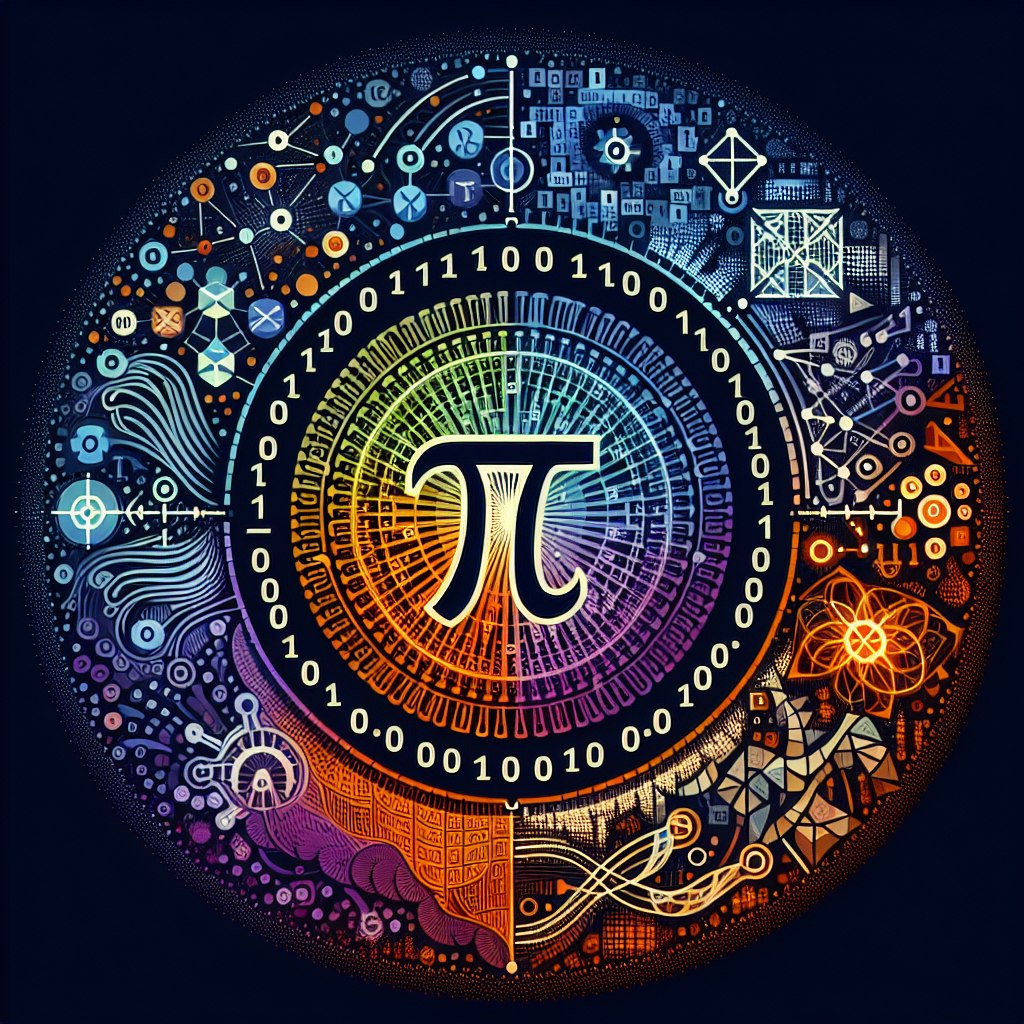Machine learning is a rapidly growing field that has revolutionized industries ranging from healthcare to finance. At its core, machine learning is the process of using algorithms and statistical models to enable computers to learn from and make predictions or decisions based on data. One of the key components of machine learning is mathematics, which provides the foundation for understanding how these algorithms work and how to apply them effectively.
Mathematics plays a crucial role in machine learning by providing the tools and techniques needed to analyze data, build models, and make predictions. Concepts such as linear algebra, calculus, and probability theory are essential for understanding the underlying principles of machine learning algorithms. By utilizing these mathematical concepts, researchers and practitioners can develop more accurate and efficient models that can extract valuable insights from large datasets.
One of the fundamental mathematical concepts in machine learning is linear algebra, which deals with vectors, matrices, and linear transformations. These concepts are essential for representing and manipulating data in a machine learning context. For example, in the field of image recognition, images can be represented as matrices of pixel values, and linear algebra can be used to perform operations such as matrix multiplication to process these images and extract features.
Calculus is another important mathematical tool in machine learning, particularly in the optimization of machine learning models. Optimization algorithms such as gradient descent rely on calculus to find the optimal parameters for a model by minimizing a loss function. By using calculus, researchers can iteratively adjust the parameters of a model to improve its performance and accuracy.
Probability theory is also crucial in machine learning, as it provides the foundation for understanding uncertainty and making predictions based on data. Machine learning models often rely on probabilistic models to make predictions or estimate the likelihood of different outcomes. By using probability theory, researchers can quantify uncertainty and make informed decisions based on the data available.
Overall, a solid understanding of mathematics is essential for anyone looking to work in the field of machine learning. By mastering concepts such as linear algebra, calculus, and probability theory, researchers and practitioners can develop more accurate and efficient machine learning models that can extract valuable insights from data. By applying a mathematical approach to machine learning, researchers can unlock the potential of this powerful technology and drive innovation in a wide range of industries.
#Mathematical #Approach #Machine #Learning #Concepts #Applications,machine learning: an applied mathematics introduction

Leave a Reply
You must be logged in to post a comment.